UNICEF Nigeria, with support from TECNO Mobile, has announced major progress in expanding the Learning Passport — a global digital education programme designed to bridge learning gaps in underserved communities.
The platform, developed in partnership with Microsoft and Cambridge University, provides continuous access to quality learning resources for children and youth, particularly in areas where traditional schooling is limited.
In 2024, the programme achieved key milestones, extending to Kwara and Osun states and now covering 21 states nationwide. Overall, 44,800 learners — including 20,967 girls — accessed the Learning Passport. In Kano State, 4,354 learners (1,978 of them girls) enrolled, recording an impressive 86% completion rate, reflecting both the relevance of the content and learners’ commitment.
To ensure sustainability, UNICEF also trained 52 state technical teams to support children’s digital learning at the local level.
UNICEF stressed that while TECNO Mobile’s backing has been vital to scaling up the initiative, the organization does not endorse any brand or product. Instead, the collaboration is focused solely on expanding education access and ensuring digital platforms reach the most vulnerable children.
The initiative reflects UNICEF’s broader mission to harness technology to close educational gaps and prepare young people for the future. By combining community engagement, teacher training, and digital platforms, the Learning Passport is reshaping education delivery across Nigeria.






























































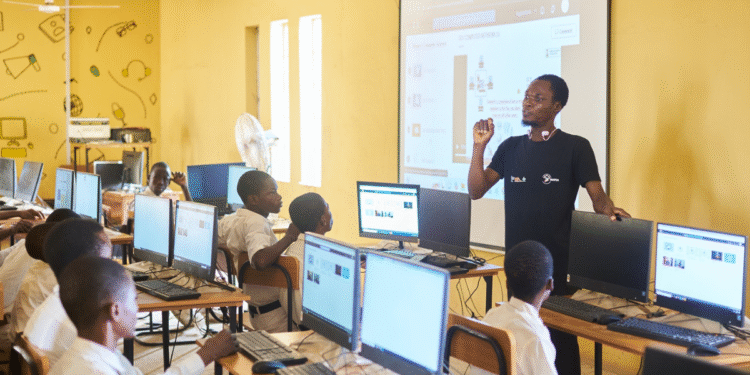




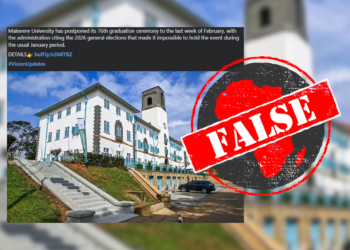

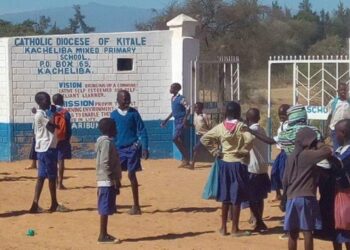
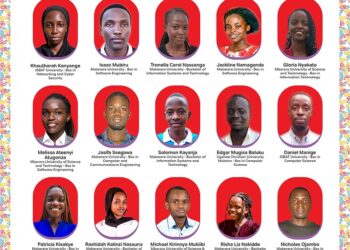
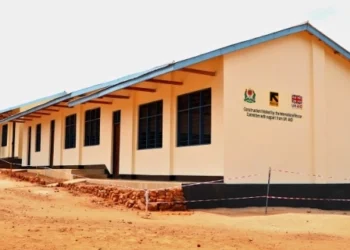










 EduTimes Africa, a product of Education Times Africa, is a magazine publication that aims to lend its support to close the yawning gap in Africa's educational development.
EduTimes Africa, a product of Education Times Africa, is a magazine publication that aims to lend its support to close the yawning gap in Africa's educational development.